Despite many medical advances and successful stories, the health sector is challenged by the same public health concerns like lifestyle diseases, emerging and re-emerging of old and new infectious diseases, and problems in health care access. We realize that majority of these challenges can be addressed through proper health education and collaboration with various entities. In fact, the shift in healthcare expenditure is reflective of this statement, seeing as the bulk of the budget is spent on preventive care and networking rather than curative.
As advocates of positive health beliefs and behaviors, nurses and nursing students show their support by reaching out to the public, especially the poor and underserved communities. We cross rivers, build bridges, and close the gaps between these people and their right to health. We dedicate our time to educate these people so that they may be active participants in their health. After all, one demonstrates positive health behaviors when one is thoroughly educated.
Here are five ways nurses and nursing students can reach out to a wider set of audience outside the clinics:
1. Joining Local Health Organizations
Communities benefit well from active local health organizations that exert their youthful strength in educating people about their health. Extensive nursing knowledge and skills of nurses and student nurses can be utilized in assessing the health needs and health misconceptions of target populations. From here, appropriate health programs focusing on education can be planned and implemented.
For nurses, this is one way of exercising the profession outside the clinics. It can provide an avenue to possible professionally relevant collaborations. For nursing students, it is an eye-opener to the real-world experiences that he or she does not get to appreciate and realize in classroom lectures. A student nurse would benefit from opportunities she can submerge herself in hopes of becoming a catalyst for making healthier and more productive communities.
2. Conducting Skills Training
Hospital admissions and readmissions are affected by the ability of the people to detect warning signs that warrant hospitalization and adherence to discharge teachings. For example, a mother can fail to recognize manifestations that signal her child is dehydrated. The family members of a patient who had bypass surgery may not be able to monitor blood pressure because they are not skilled to do so. An elderly diabetic patient can suffer kidney and liver complications because of an improper way of insulin administration.
These are just a few points that can break the link between disease state, rehabilitation, and wellness. Nurses and student nurses can design skills training program for people in the community so they can be more involved and vigilant on their health. This is also one way of training the people to be self-reliant because after all, health is also in the hands of the people and not just the governments or the health sector’s responsibility.
3. Participating in Social Media Thunderclaps
This is one of the newest health education strategy employed by organizations, particularly for the purpose of increasing public awareness on a particular health cause. Numerous social media platforms are free, accessible, and ideal for the global spread of health information. With more and more people turning to social media, nurses and student nurses can take this advantage by participating in social media thunderclaps and tagging friends and family members as well as encourage them to spread the news further.
4. Spreading Awareness Through Blogging
In this digital era, most people turn to the web for information. Having a blog is one great way of engaging people to read and inform themselves about pressing public health issues. Even simple self-care tips can go a long way if readers share it.
5. Visiting Schools and Workplaces
There’s not a greater way than uniting the community by fostering the health of children and the workforce. As for children, they are more likely to adapt the positive health behaviors and have their health beliefs be influenced if they are educated at an early age. School nurses can collaborate with nursing students in conducting classroom lectures about hygiene, sex education, and stress management. Role playing and small group discussions can be helpful too. Parents may be involved through a symposium in which they will be encouraged to ask questions about parenting, diet, and activities. This is also an opportunity for physical examinations and disease screening.
As for the working class, collaboration with various industries will ensure workers’ safety and welfare. Industrial nurses must see to it the employees are informed about work hazards and other safety issues. Monthly health monitoring and check-ups may be conducted too with the help of nursing students. At this point, positive lifestyle choices must be one of the core topics that must be shared with the target population.
Indeed, hospitals are not the only venue for health teaching. If nurses and student nurses would gladly take the time to pause and reflect on ways they can help build healthier communities, the possibilities of conducting, community programs and activities are endless. What are the other ways you can exert your influence on people’s health beliefs and behaviors? List them down and start your own little way of helping the community!
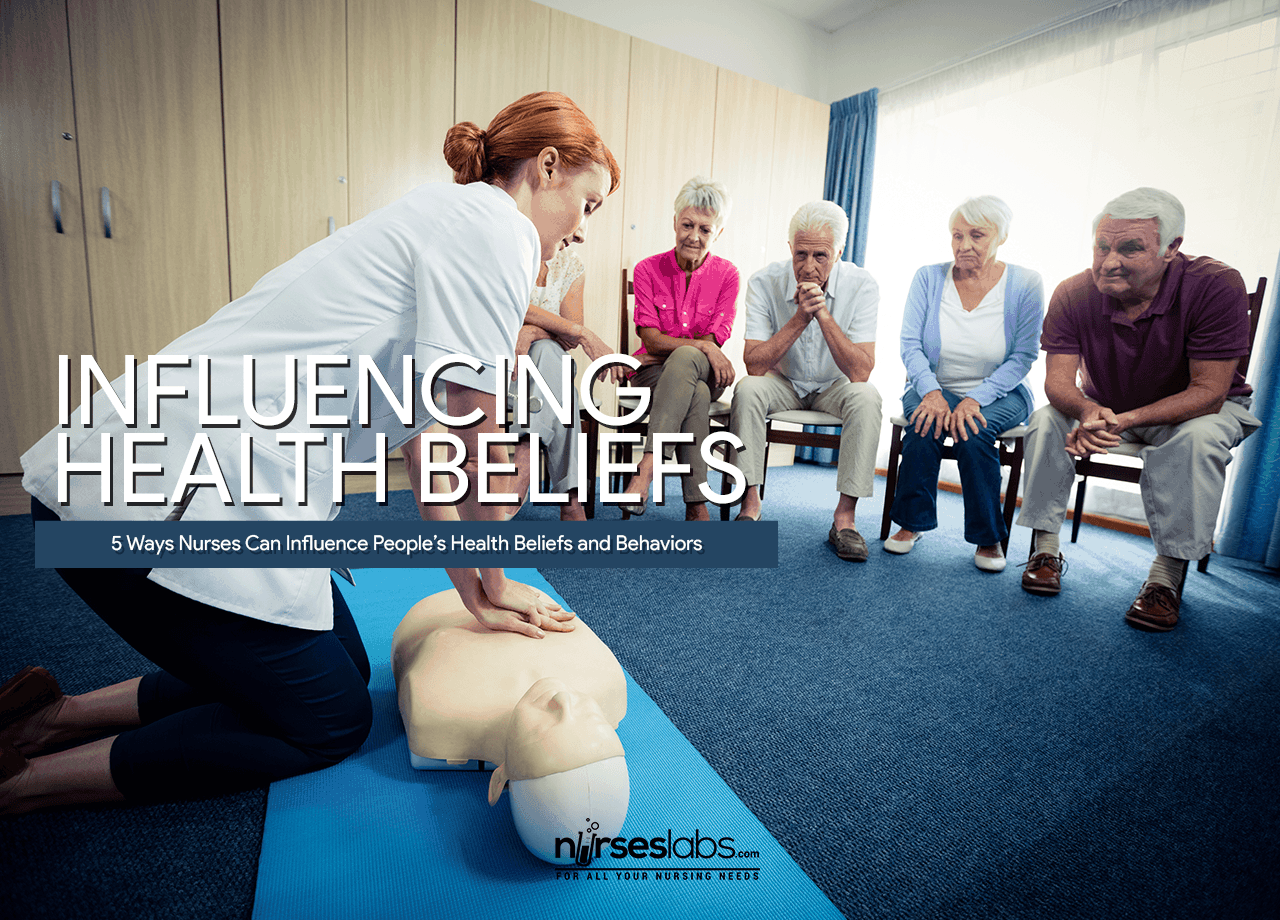
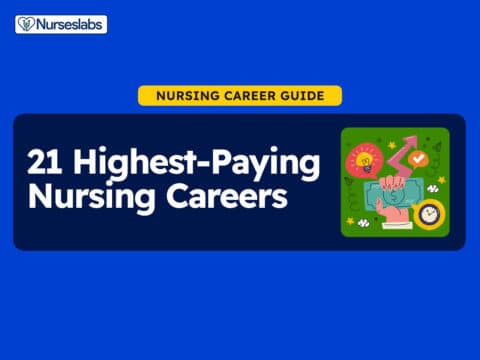
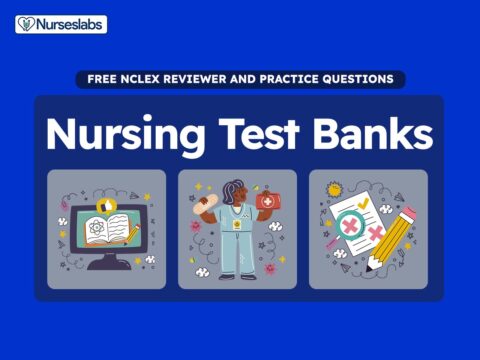
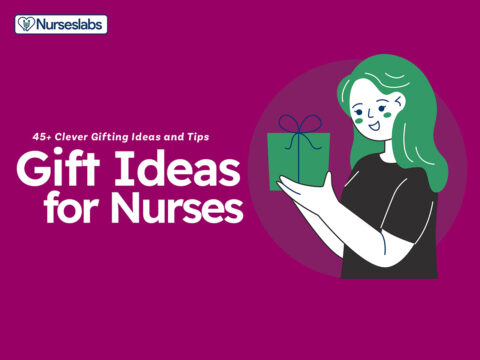
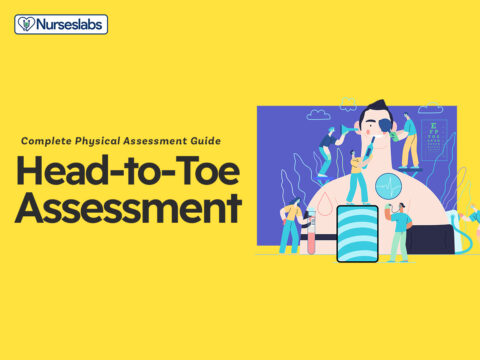
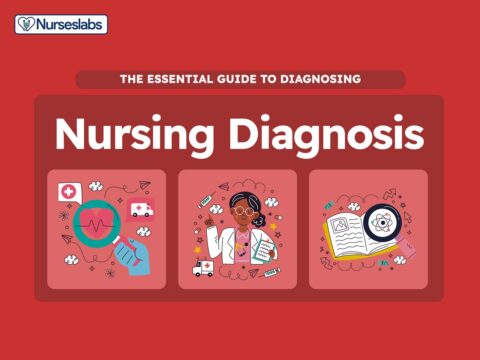

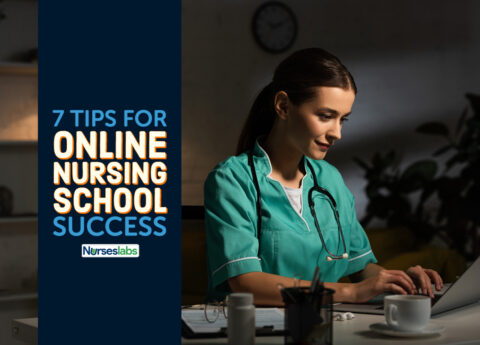
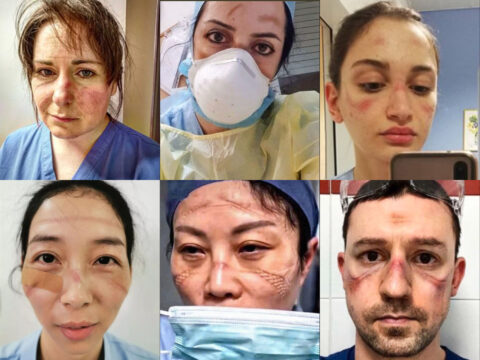
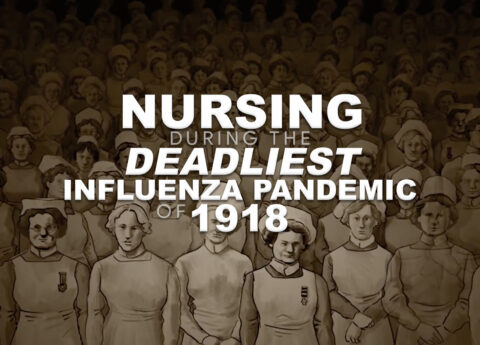



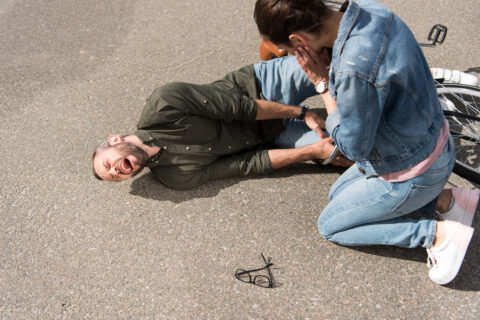



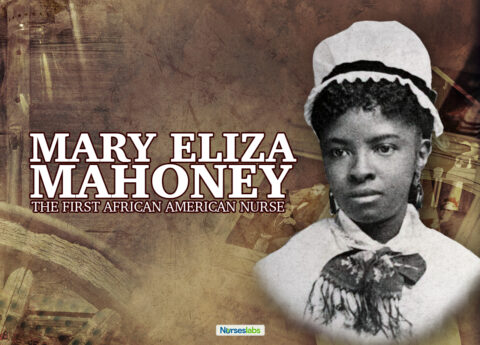







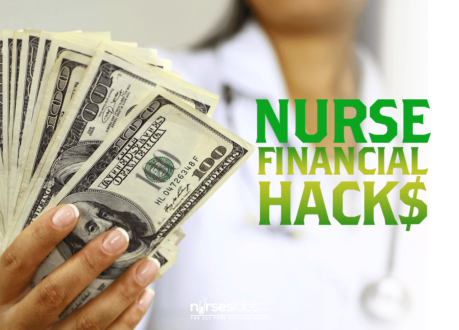
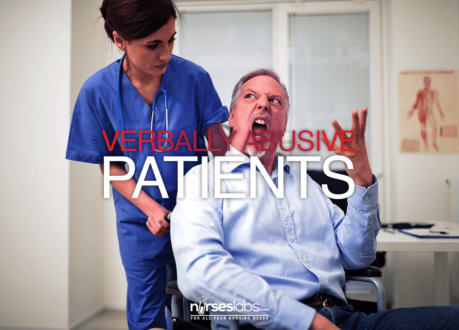



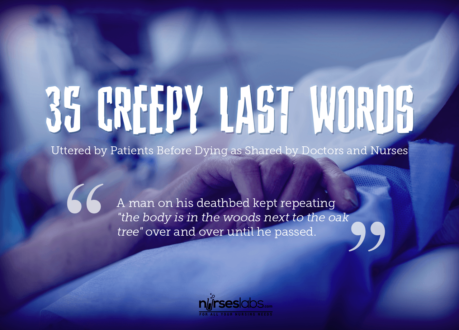

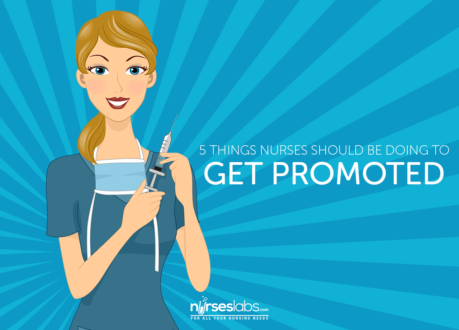
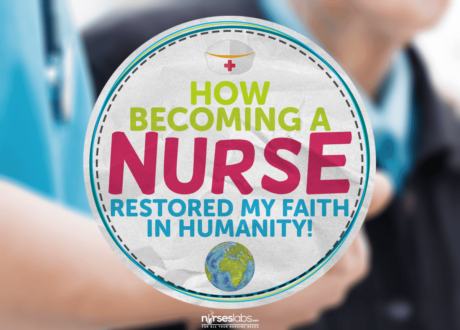
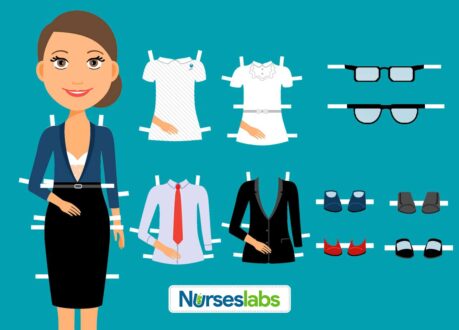
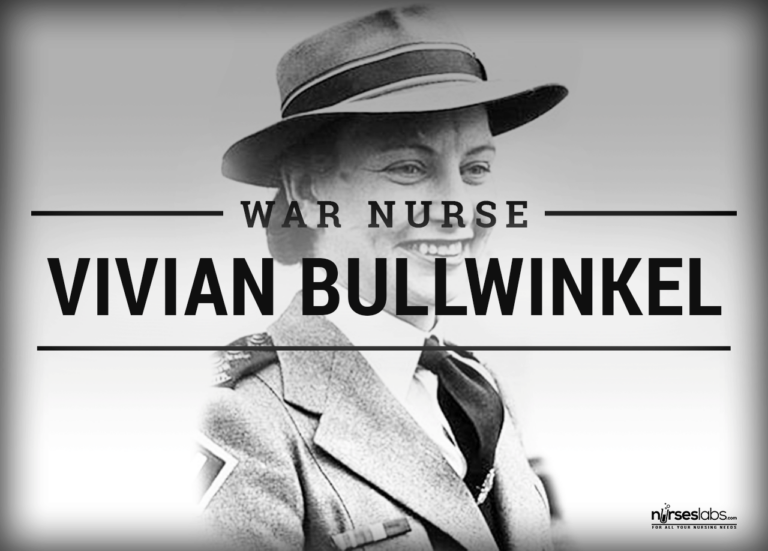

Leave a Comment